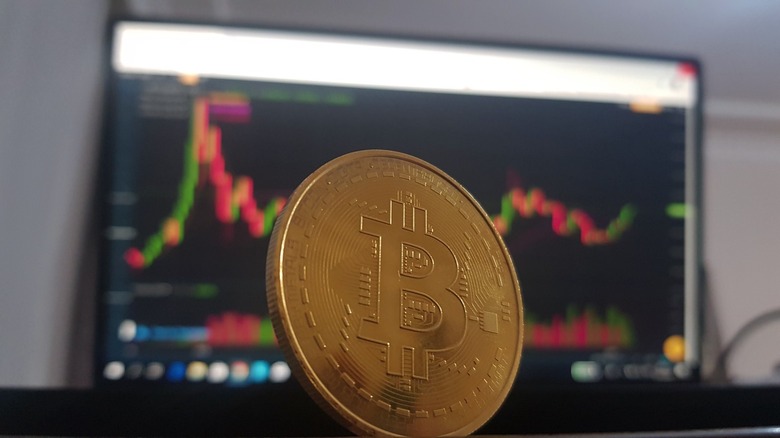World's Largest Crypto Exchange Under Investigation In The US
Bitcoin and cryptocurrencies have had an amazing year so far. Various digital assets, including bitcoin and ethereum, reached new all-time highs, taking the entire market on a continued bull run since January. The renewed interest in bitcoin and blockchain tech came from both retail investors and institutions.
Tesla bought bitcoin, then sold electric cars for bitcoin for a few months before discontinuing the practice. PayPal embraced crypto trading last year and then allowed users to convert their crypto balance to fiat to pay for goods online. These events all pushed the prices higher and the sentiment around cryptocurrencies rose, just as more stimulus money poured into bank accounts, as countries continued to prop up their pandemic-bruised economies.
But governments have not relented when it comes to investigating blockchain companies and looking to devise or enforce regulations in an industry that's difficult to control due to the decentralized nature of blockchain.
Over the past few months alone:
- The SEC sued Ripple.
- The U.S. Commodity Futures Trading Commission (CFTC) started investigating Binance for giving Americans access to digital token derivatives.
- The IRS looked into Kraken's US customers.
- The Indian government started considering new laws that would make it harder for citizens to buy and sell cryptocurrencies.
Binance, which happens to be the world's largest crypto exchange, faces two additional probes on top of the CFTC's investigation from March. The Justice Department and the IRS are also looking into Binance's US-related operations, targeting different illicit activities that crypto trading might facilitate.
People familiar with the investigations have informed Bloomberg that the agencies have sought information about Binance's business. Money laundering and tax offenses are at the core of the probes.
The specifics of what the agencies are examining have not been determined, the paper notes. Also, not all such inquiries lead to allegations of wrongdoing. Bloomberg notes that the Justice Department's bank integrity unit and investigators from the US Attorney's Office in Seattle are involved. The separate IRS investigation goes back months, with the agency reviewing the conduct of Binance customers and employees. The CFTC's investigation concerns illegal trading that Binance might have made available to Americans — companies need to be registered with the CFTC before offering derivatives linked to digital tokens to American customers.
The probes follow a recent Chainalysis report that found most of the crime-linked digital tokens that it tracks ended up on Binance. Of the $2.8 billion worth of bitcoin that Chainalysis suspects it's connected to illegal activity moved to trading platforms in 2019. Some $756 million (or 27%) ended up on Binance.
Binance said in a statement to Bloomberg that it takes its legal obligations very seriously:
We take our legal obligations very seriously and engage with regulators and law enforcement in a collaborative fashion. We have worked hard to build a robust compliance program that incorporates anti-money laundering principles and tools used by financial institutions to detect and address suspicious activity.
Binance CEO Changpeng Zhao has said that the trading platform follows US rules closely, blocking Americans from its websites and using algorithms to flag transactions for money laundering and other illicit activities. Last year, the company warned US residents that they would have their accounts frozen if found to be trading. Binance launched Binance.US for American customers in September 2019.
Binance spokesperson Jessica Jung also addressed VPN use, which would allow Americans to circumvent restrictions. Binance never encouraged US residents to rely on VPNs, Jung said. Zhao tweeted in January that Binance's security systems can block American customers. "We have implemented strong access controls that have been tested via external audit and are under continuous review and evaluation by Binance to ensure that the appropriate restrictions are in place and are effective," Jung added.
